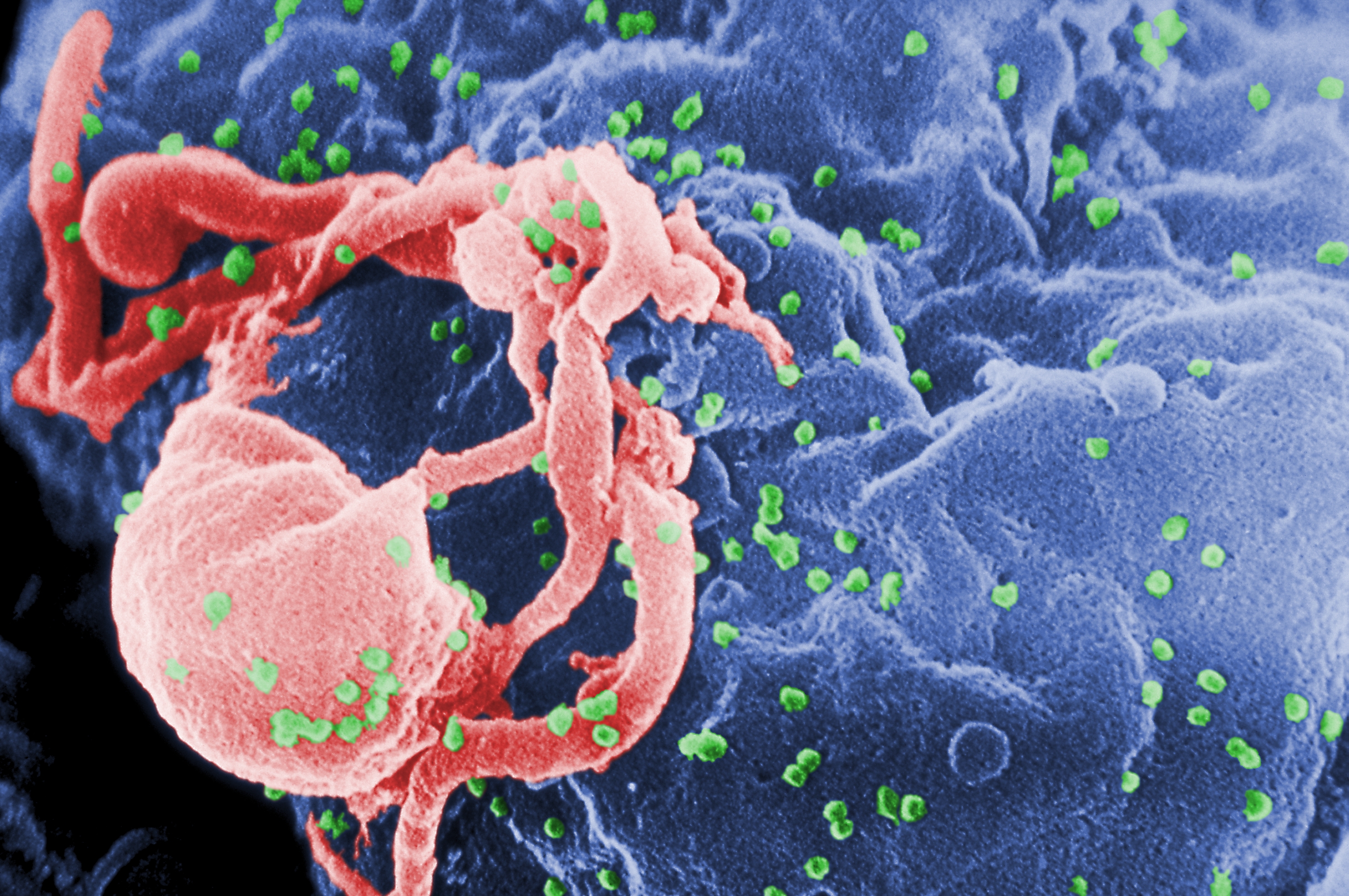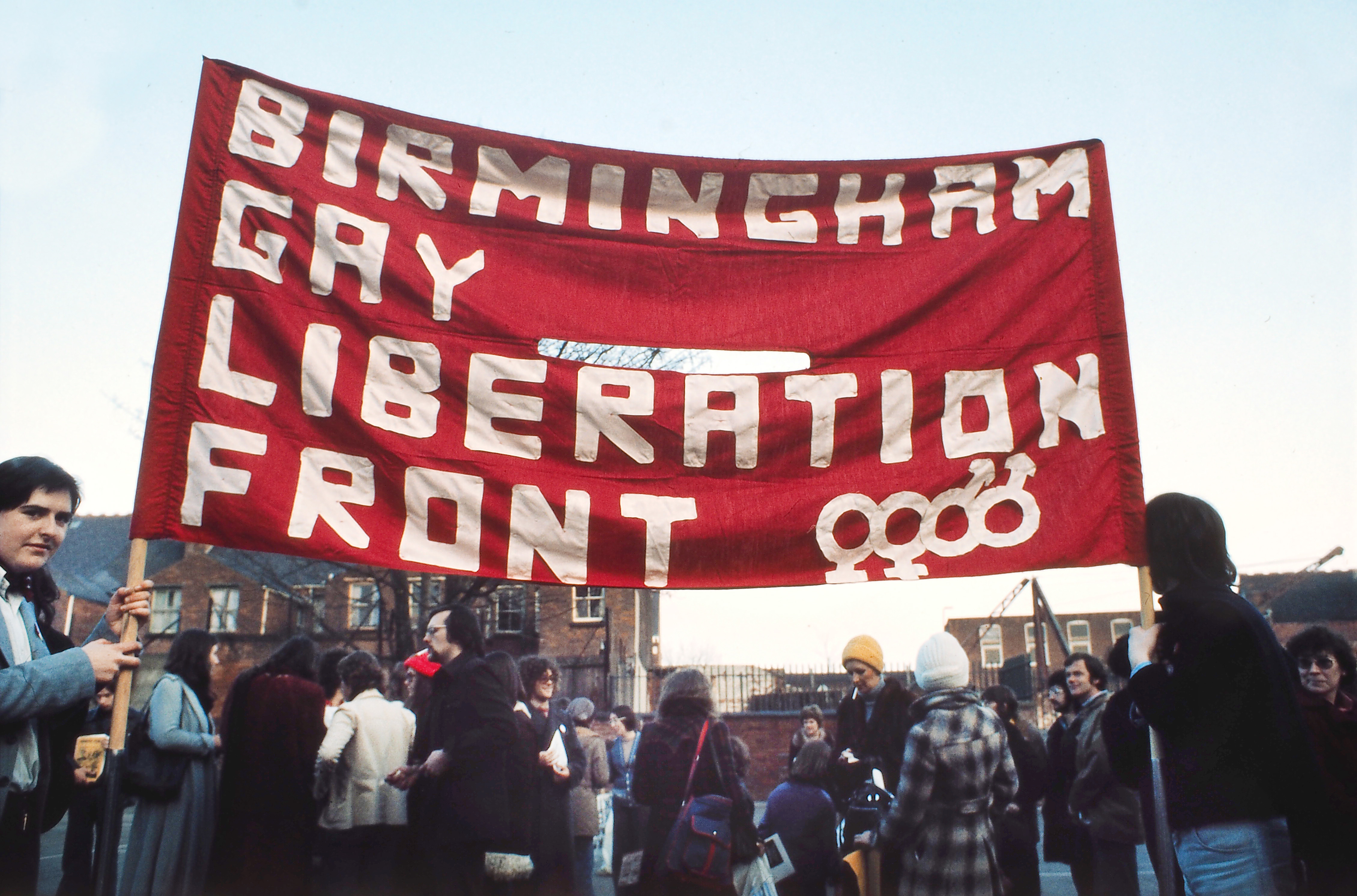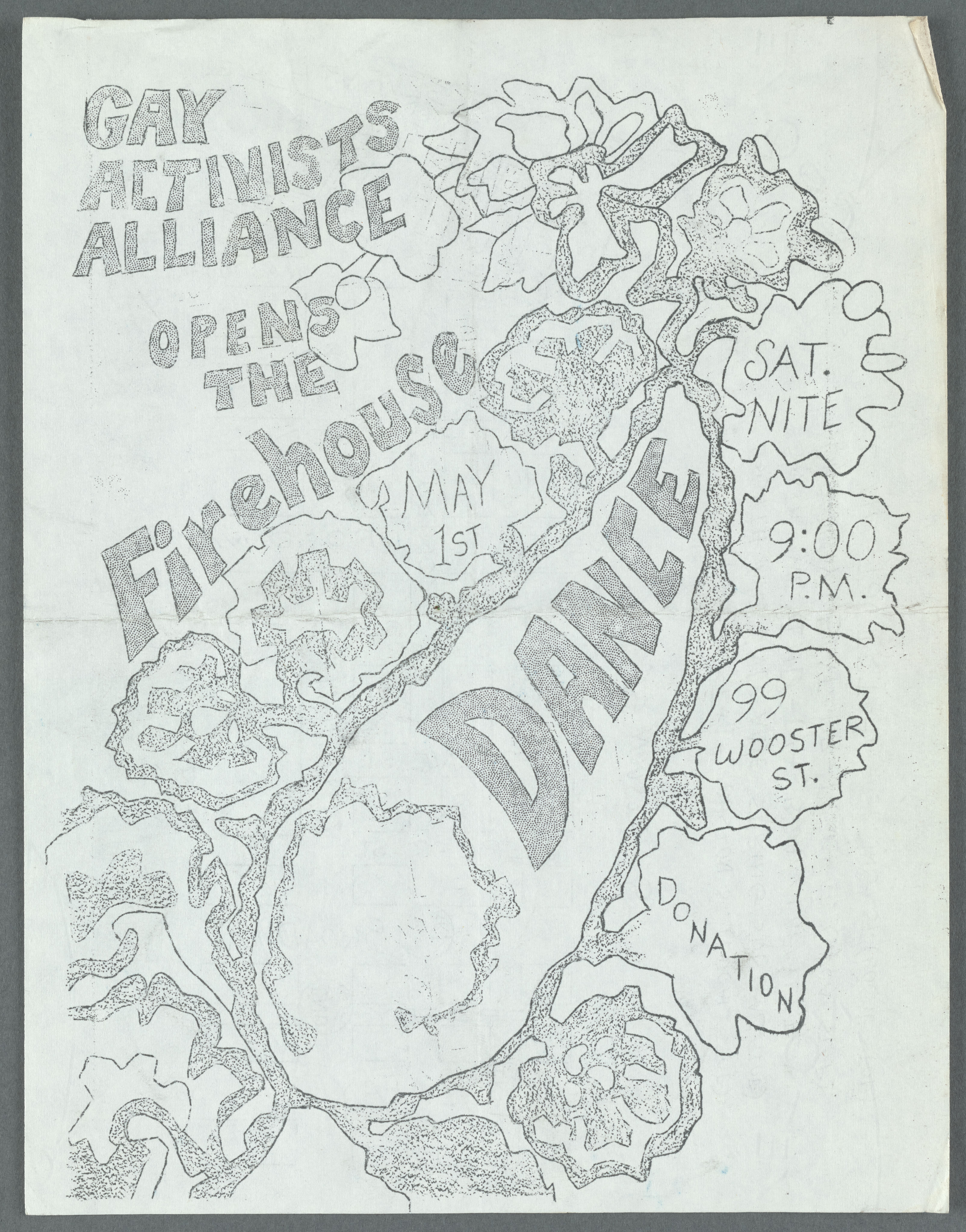|
Queer Of Color Critique
Queer of color critique is an analytical framework that insists on the role of racialization in establishing normative gender and sexuality as an organizing principle of capitalism. Queer of Color critique is an analytical framework that centers Race (human categorization), race, gender, Human sexuality, sexuality, and Class consciousness, class in its critique of politics, history, and mainstream LGBTQ movements, gay rights movements. The term was first articulated in the book, ''Aberrations in Black: Towards a Queer of Color Critique,'' by Roderick Ferguson, Roderick A. Ferguson. Expanding on Third-wave feminism, women of color feminism, queer of color critique is an analysis of race, gender, sexuality, and class in relation to Liberalism, liberal ideology, the Nation state, nation-state, and Capitalism, capital. In Ferguson’s words, “Queer of color analysis disidentifies with historical materialism to rethink its categories and how they might conceal the materiality of race, ge ... [...More Info...] [...Related Items...] OR: [Wikipedia] [Google] [Baidu] |
Race (human Categorization)
Race is a categorization of humans based on shared physical or social qualities into groups generally viewed as distinct within a given society. The term came into common usage during the 16th century, when it was used to refer to groups of various kinds, including those characterized by close kinship relations. By the 17th century, the term began to refer to physical ( phenotypical) traits, and then later to national affiliations. Modern science regards race as a social construct, an identity which is assigned based on rules made by society. While partly based on physical similarities within groups, race does not have an inherent physical or biological meaning. The concept of race is foundational to racism, the belief that humans can be divided based on the superiority of one race over another. Social conceptions and groupings of races have varied over time, often involving folk taxonomies that define essential types of individuals based on perceived traits. Modern scienti ... [...More Info...] [...Related Items...] OR: [Wikipedia] [Google] [Baidu] |
Praxis (process)
Praxis is the process by which a theory, lesson, or skill is enacted, embodied, realized, applied, or put into practice. "Praxis" may also refer to the act of engaging, applying, exercising, realizing, or practising ideas. This has been a recurrent topic in the field of philosophy, discussed in the writings of Plato, Aristotle, St. Augustine, Francis Bacon, Immanuel Kant, Søren Kierkegaard, Ludwig von Mises, Karl Marx, Antonio Gramsci, Martin Heidegger, Hannah Arendt, Jean-Paul Sartre, Paulo Freire, Murray Rothbard, and many others. It has meaning in the political, educational, spiritual and medical realms. Origins The word ''praxis '' is from . In Ancient Greek the word praxis (πρᾶξις) referred to activity engaged in by free people. The philosopher Aristotle held that there were three basic activities of humans: ''theoria'' (thinking), '' poiesis'' (making), and ''praxis'' (doing). Corresponding to these activities were three types of knowledge: theoretical, th ... [...More Info...] [...Related Items...] OR: [Wikipedia] [Google] [Baidu] |
History Of HIV/AIDS
AIDS is caused by a human immunodeficiency virus (HIV), which originated in non-human primates in Central and West Africa. While various sub-groups of the virus acquired human infectivity at different times, the present pandemic had its origins in the emergence of one specific strain – HIV-1 subgroup M – in Léopoldville in the Belgian Congo (now Kinshasa in the Democratic Republic of the Congo) in the 1920s. There are two types of HIV: HIV-1 and HIV-2. HIV-1 is more virulent, more easily transmitted, and the cause of the vast majority of HIV infections globally. The pandemic strain of HIV-1 is closely related to a virus found in chimpanzees of the subspecies ''Pan troglodytes troglodytes'', which live in the forests of the Central African nations of Cameroon, Equatorial Guinea, Gabon, the Republic of the Congo, and the Central African Republic. HIV-2 is less transmissible and is largely confined to West Africa, along with its closest relative, a virus of the sooty mangabey ( ... [...More Info...] [...Related Items...] OR: [Wikipedia] [Google] [Baidu] |
Doi (identifier)
A digital object identifier (DOI) is a persistent identifier or handle used to uniquely identify various objects, standardized by the International Organization for Standardization (ISO). DOIs are an implementation of the Handle System; they also fit within the URI system (Uniform Resource Identifier). They are widely used to identify academic, professional, and government information, such as journal articles, research reports, data sets, and official publications. A DOI aims to resolve to its target, the information object to which the DOI refers. This is achieved by binding the DOI to metadata about the object, such as a URL where the object is located. Thus, by being actionable and interoperable, a DOI differs from ISBNs or ISRCs which are identifiers only. The DOI system uses the indecs Content Model to represent metadata. The DOI for a document remains fixed over the lifetime of the document, whereas its location and other metadata may change. Referring to an onl ... [...More Info...] [...Related Items...] OR: [Wikipedia] [Google] [Baidu] |
Homonationalism
Homonationalism is the selective acceptance of LGBTQ+ people in order to promote a nationalist ideology. It describes a phenomenon in which some nations strategically show increased support for LGBTQ+ rights as a means of reinforcing racial, religious, and cultural hierarchies. The term explains how discourses of sexual inclusion and LGBTQ+ acceptance, particularly in Western contexts, are used to justify xenophobic, Islamophobic, or racist policies, often by portraying marginalized communities as inherently homophobic and Western nations as sexually progressive. Theoretical context and development The term "homonationalism" was coined by gender studies scholar Jasbir K. Puar in her 2007 book ''Terrorist Assemblages: Homonationalism in Queer Times.'' The term refers to how, in the context of Western modernity, liberal power structures co-opt certain LGBTQ+ rights discourses to construct a national identity that is portrayed as progressive and tolerant, while simultaneously j ... [...More Info...] [...Related Items...] OR: [Wikipedia] [Google] [Baidu] |
Same-sex Marriage
Same-sex marriage, also known as gay marriage, is the marriage of two people of the same legal Legal sex and gender, sex. marriage between same-sex couples is legally performed and recognized in 38 countries, with a total population of 1.5 billion people (20% of the world's population). The most recent jurisdiction to legalize same-sex marriage is Recognition of same-sex unions in Thailand, Thailand. Same-sex marriage is legally recognized in a large majority of the world's developed country, developed countries; notable exceptions are Recognition of same-sex unions in Italy, Italy, Recognition of same-sex unions in Japan, Japan, Recognition of same-sex unions in South Korea, South Korea and the Recognition of same-sex unions in the Czech Republic, Czech Republic. Same-sex adoption, Adoption rights are not necessarily covered, though most states with same-sex marriage allow those couples to jointly adopt as other married couples can. Some countries, such as Nigeria and Russ ... [...More Info...] [...Related Items...] OR: [Wikipedia] [Google] [Baidu] |
Gay Liberation Front
Gay Liberation Front (GLF) was the name of several gay liberation groups, the first of which was formed in New York City in 1969, immediately after the Stonewall riots. Similar organizations also formed in the UK, Australia and Canada. The GLF provided a voice for the newly-out and newly radicalized gay community, and a meeting place for a number of activists who would go on to form other groups, such as the Gay Activists Alliance, Gay Youth New York, and Street Transvestite Action Revolutionaries (STAR) in the US. In the UK and Canada, activists also developed a platform for gay liberation and demonstrated for gay rights. Activists from both the US and UK groups would later go on to found or be active in groups including ACT UP, the Lesbian Avengers, Queer Nation, Sisters of Perpetual Indulgence, and Stonewall. United States New York City The United States Gay Liberation Front (GLF) was formed in the aftermath of the Stonewall Riots. The riots are considered by many to ... [...More Info...] [...Related Items...] OR: [Wikipedia] [Google] [Baidu] |
Gay Activists Alliance
The Gay Activists Alliance (GAA) was founded in New York City on December 21, 1969, almost six months after the Stonewall riots, by dissident members of the Gay Liberation Front (GLF). In contrast to the Liberation Front, the Activists Alliance solely and specifically served to gay and lesbian rights, declared themself politically neutral and wanted to work within the political system. History The group was incorporated by Hal Weiner, Esq., of Coles & Weiner, a two-person firm, after Weiner defended Sylvia Rivera in a criminal court proceeding where she had been arrested in Times Square while obtaining signatures on a petition for the first proposed LGBTQ legislation in the New York City Council, Intro 475, and charged with soliciting for the purpose of sex, rather than exercising a civil right to petition. The corporate certificate was rejected by the New York State Division of Corporations and State Records, on the grounds that the name was not a fit name for a New York co ... [...More Info...] [...Related Items...] OR: [Wikipedia] [Google] [Baidu] |
Street Transvestite Action Revolutionaries
Street Transvestite Action Revolutionaries (STAR) was an organization founded by Stonewall veterans Sylvia Rivera and Marsha P. Johnson in the wake of the Weinstein Hall occupation to advocate for LGBTQ rights. Taking influence from contemporary gay advocacy groups such as the Gay Activists Alliance (GAA) and the Gay Liberation Front (GLF), as well as from revolutionary nationalist groups like the Black Panther Party, STAR advocated for bodily autonomy, in addition to free clothing, education, food, healthcare, housing, and transportation. It also condemned transphobic abuse and discrimination, both in and out of the LGBTQ community. In 1970, STAR founded STAR House in the East Village, Manhattan. The house, which was open from November 1970 to July 1971, provided food and shelter for transgender youth. During that time, STAR also advocated for prison reform and worked with various organizations, including the GAA, the GLF, and the Mattachine Society to support LGBTQ rights. ... [...More Info...] [...Related Items...] OR: [Wikipedia] [Google] [Baidu] |
Harm Reduction
Harm reduction, or harm minimization, refers to a range of intentional practices and public health policies designed to lessen the negative social and/or physical consequences associated with various human behaviors, both legal and illegal. Harm reduction is used to decrease negative consequences of recreational drug use and sexual activity without requiring abstinence, recognizing that those unable or unwilling to stop can still make positive change to protect themselves and others. Harm reduction is most commonly applied to approaches that reduce adverse consequences from drug use, and harm reduction programs now operate across a range of services and in different regions of the world. As of 2020, some 86 countries had one or more programs using a harm reduction approach to substance use, primarily aimed at reducing blood-borne infections resulting from use of contaminated injecting equipment. Needle-exchange programmes reduce the likelihood of people who use heroin and ot ... [...More Info...] [...Related Items...] OR: [Wikipedia] [Google] [Baidu] |
Miss Major Griffin-Gracy
Miss Major Griffin-Gracy (born October 25, 1946), often referred to as Miss Major, is an American author, activist, and community organizer for transgender rights. She has participated in activism and community organizing for a range of causes, and served as the first executive director for the Transgender Gender Variant Intersex Justice Project. Griffin-Gracy has contributed to oral history collections, including ''Captive Genders: Trans Embodiment and the Prison Industrial Complex'', ''The Stonewall Reader'', and ''The Stonewall Generation: LGBT Elders on Sex, Activism, and Aging''. Her memoir, ''Miss Major Speaks: Conversations with a Black Trans Revolutionary'', was released by Verso Books in 2023. Biography Chicago Griffin-Gracy was born in Chicago in the 1940s, and assigned male at birth. She was raised on the South Side of Chicago, while her father worked for the post office and her mother managed a beauty shop. She has said after she came out to her parents around age ... [...More Info...] [...Related Items...] OR: [Wikipedia] [Google] [Baidu] |







